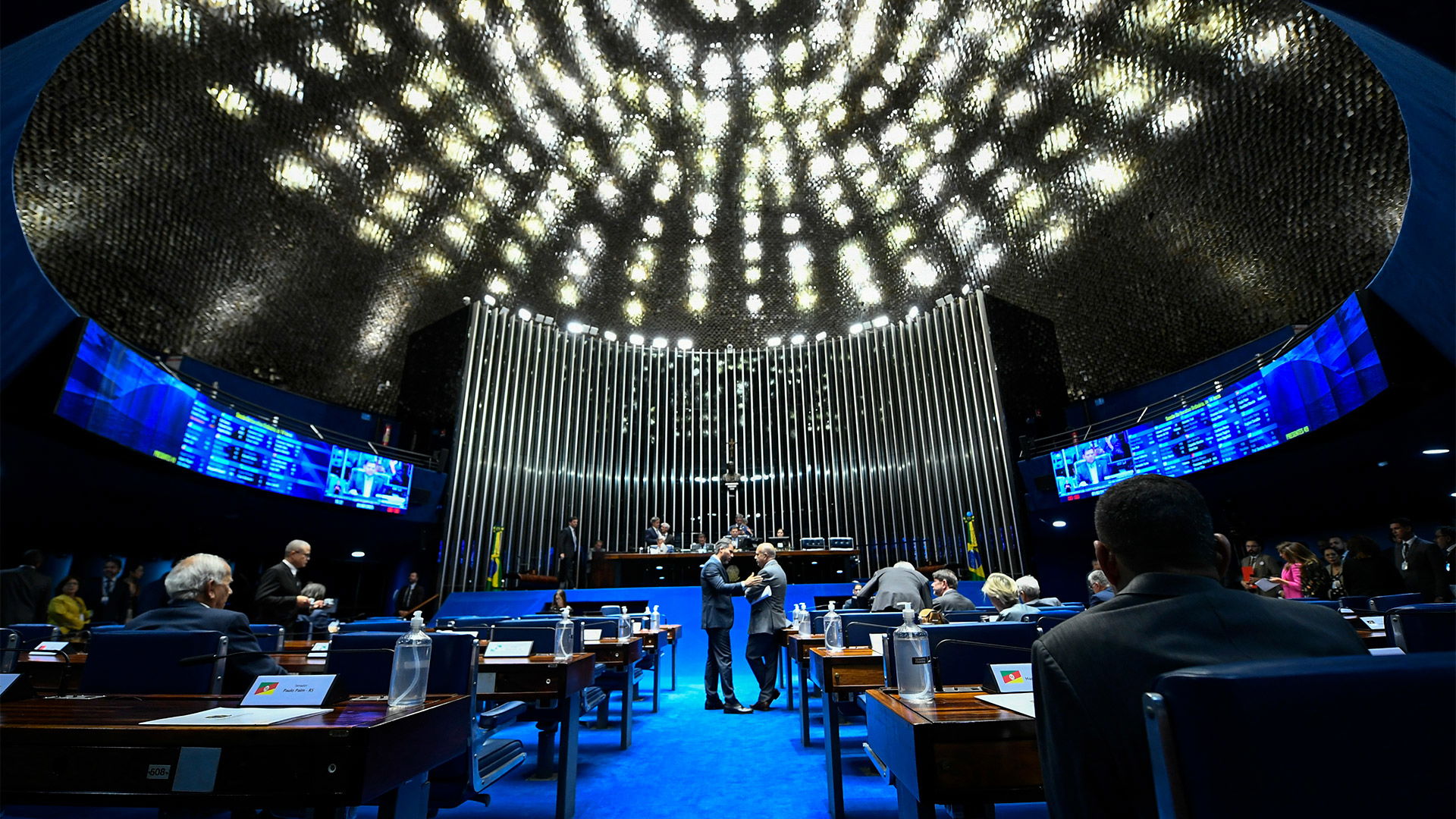UKGC-mandated slots design changes reduced play intensity, had no negative impacts on play behavior

A new report on the impact of the UK Gambling Commission’s online game changes for slots indicates that the policies have not resulted in harmful unintended consequences, leading instead to a drop in play intensity. The UKGC also reports evidence of no clear increase in staking despite a limit of spin speeds, as well as no "significant negative impact" on the overall enjoyment.
The online game changes were introduced in October 2021 to strengthen the protections and controls for those who gamble on online slot games. The Commission focused on online slots because of features "that increased the intensity of play and the corresponding risks to players."
The changes that were introduced included a limit on the speed of spins, a prohibition on features that speed up play or give an illusion of control over the outcome, a ban on autoplay, and a ban on sounds or imagery that give the illusion of a win when the return is, in fact, equal to, or below, a stake.
It also placed a requirement on operators to clearly display to the player their total losses or wins and time played during any online slot session.

The report shows that despite a cap on the maximum spin speed, the proportion of stakes at the highest values decreased in the months following the changes, and the proportion of sessions lasting in excess of an hour also decreased. As a whole, general engagement with slots increased over the same time period, according to the UKGC.
Additionally, survey responses found that reported gambling on multiple games or tabs simultaneously decreased and did not detect any harmful unintended consequences.
The report utilized "key sources" from the regulator’s online tracker survey, which collects quarterly data from a national sample of approximately 2,000 adults aged 18 and over across Great Britain, in addition to 1,000 aged 16+.

Tim Miller, Director for Policy and Research, said: "Our assessment of the changes to online slot games has shown indications of reduced play intensity with no significant negative impacts on play or behaviors."
"That’s positive, but we aren’t complacent and will continue to monitor this specific part of the sector for both any unintended circumstances or non-compliance," he concluded.

















